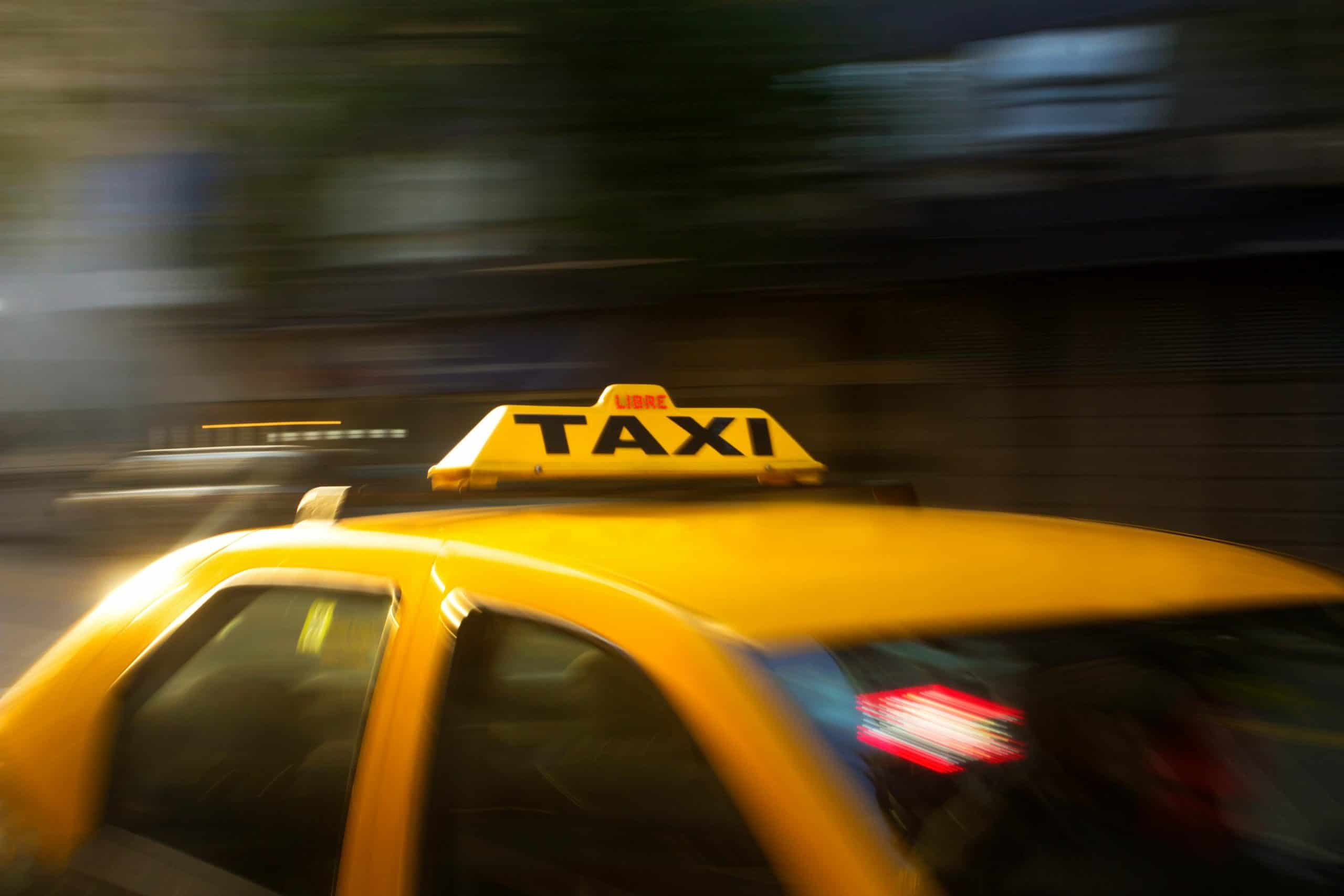If you’re applying for or renewing a taxi or private hire licence, you’ll likely need a taxi medical. Councils require these medicals to ensure drivers are safe to carry passengers and meet DVLA Group 2 health standards. At SimplyMedicals, we complete thousands of taxi medicals every year, and many drivers are surprised by how straightforward the process actually is.
Here’s exactly what your doctor looks for during a taxi medical — and why each part matters.
The Key Purpose of a Taxi Medical
Driving professionally comes with added responsibility. Taxi drivers spend long hours on the road, often late at night, in busy traffic, or transporting vulnerable passengers.
The medical helps identify conditions that could affect:
- Awareness and reaction times
- Vision
- Concentration
- Ability to stay alert
- Fitness to drive long distances
Most conditions do not stop you from becoming a taxi driver — they just need to be well controlled. The doctor’s aim is not to catch you out, but to ensure you’re safe to work.
What the Doctor Checks During the Medical
The assessment is simple, usually taking around 15–20 minutes. It includes:
1. Vision Assessment
Clear eyesight is essential for reading road signs, spotting hazards, and driving at night. The doctor checks:
- Distance vision
- Visual fields
- Whether your glasses/contact lens prescription is suitable
Some councils require the eyesight section to be completed by an optician — others allow the examining doctor to do it.
2. Blood Pressure
High blood pressure is one of the most common reasons drivers need repeat tests. The DVLA has strict guidelines because uncontrolled hypertension increases the risk of sudden illness behind the wheel.
We recommend avoiding caffeine, smoking, and heavy meals before your appointment to achieve your most accurate reading.
3. Medical History Review
The doctor asks about:
- Diabetes
- Heart problems
- Stroke or TIA
- Mental health conditions
- Sleep apnoea
- Seizures or blackouts
- Drinking and substance use
Many of these do not prevent you from getting a licence — they simply need proper management.
4. Physical Examination
Usually includes:
- Heart and lung check
- Weight and BMI
- General physical health assessment
- Urine test (typically for diabetes screening)
Why Councils Require These Medicals
Taxi medicals protect both drivers and passengers by ensuring:
- Chronic conditions are monitored
- Medication side effects don’t affect driving
- Vision meets DVLA Group 2 standards
- Drivers are safe to work long, irregular hours
At SimplyMedicals, our goal is to make the process smooth and supportive. With the right preparation, most drivers pass with no issues at all.
Ultimately, It all starts with your Taxi Medical.
Your feedback is most welcome!
Feel free to email us on hello@simplymedicals.co.uk so we can help you.
I hope you will enjoy our videos and articles.
Please like our facebook page and subscribe to our youtube channel.
Therefore, If you need to book a Taxi medical please click here.



